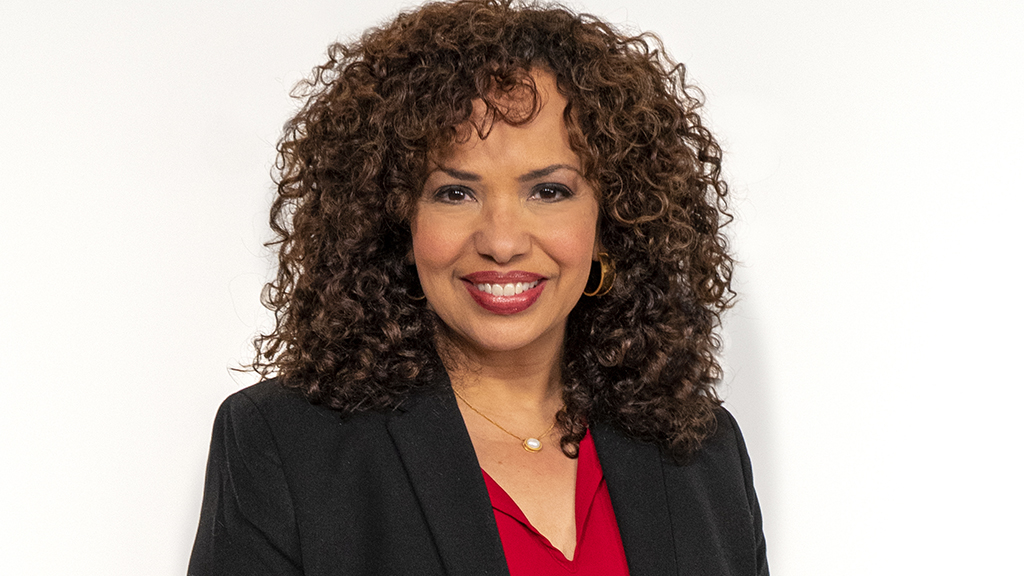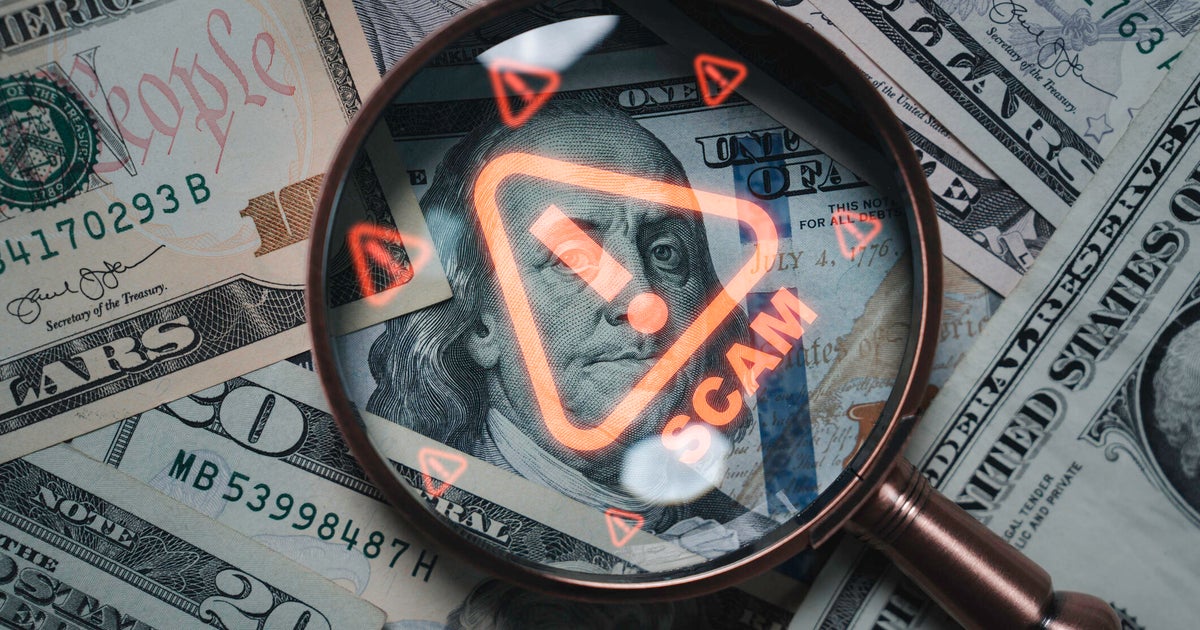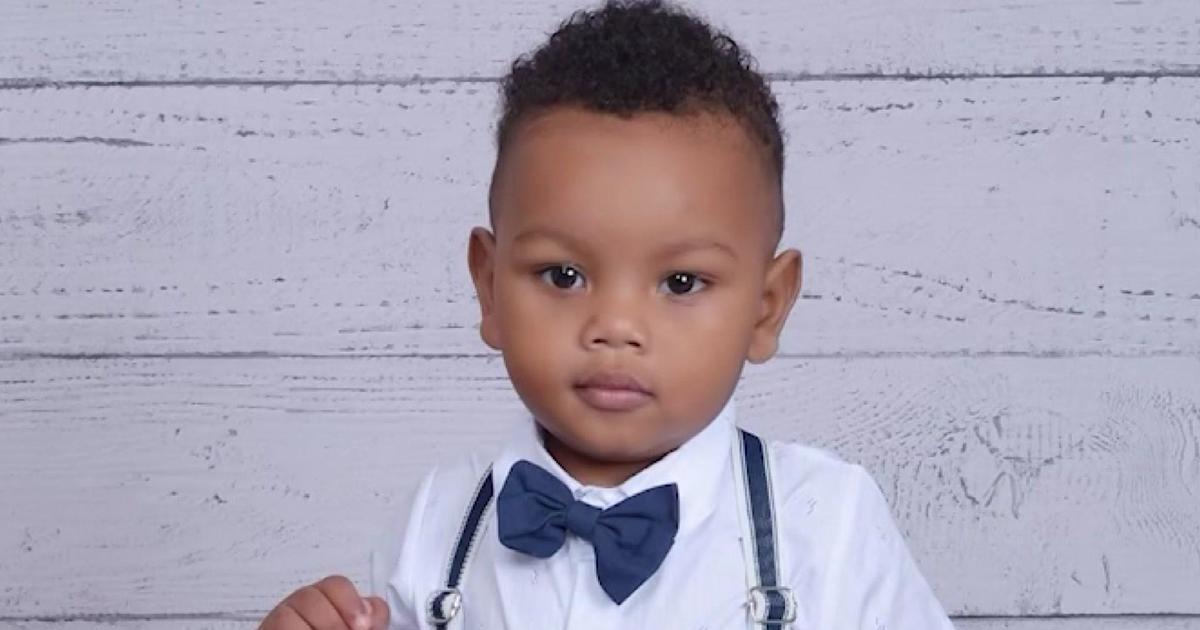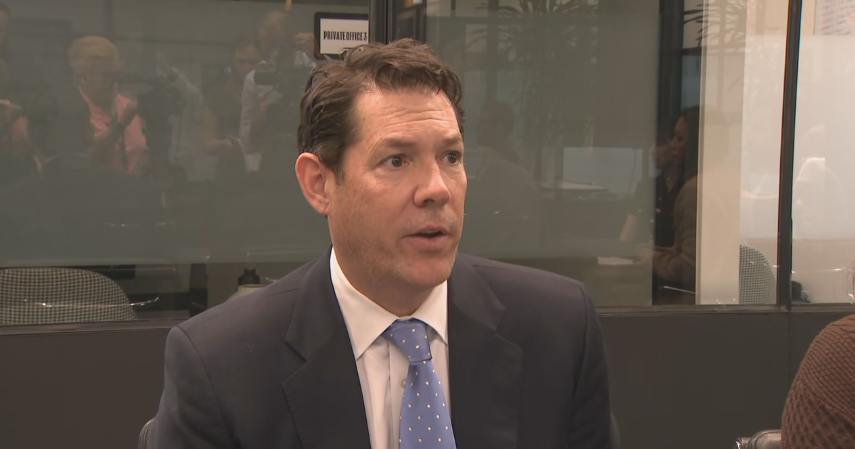How effective is this year's flu vaccine? Dr. Mallika Marshall answers your questions
BOSTON - Dr. Mallika Marshall is answering your coronavirus, flu and RSV-related medical questions. If you have a question, email her or message her on Facebook or Twitter.
Dr. Mallika is offering her best advice, but as always, consult your personal doctor before making any decisions about your personal health.
Joanne writes, "I am 69 years old and have kept up with all of my COVID vaccinations. I received the bivalent booster back in September. Since it has been over three months since my last shot, when should I get another booster? I have never had COVID as far as I know."
I'm so glad to hear that you have been keeping up with your COVID boosters. While it has been more than three months since your last booster (the bivalent booster), it is not recommended that you get another booster at this time. Scientists are constantly monitoring the newest COVID variants, the levels of infection and immunity in the community. At some point, an additional booster may be recommended, but at this time, you are up to date on all of your COVID shots. That said, you could still get infected, so during these winter months when infection levels are high, wear a mask in public places and be careful about your exposure to people who could be infected.
Dean from Arlington writes, "I haven't heard much about the effectiveness of this year's flu vaccine. Is the vaccine a good match for the virus that we actually have this year?"
Back in December, the CDC reported that the formulations of the flu shot this year are a "good match" for the strains circulating in the U.S. It will still take some time before we know exactly how effective the vaccine has been for the 2022-2023 influenza season, but so far, so good. I have to say, anecdotally, most of the patients I've seen in urgent care with the flu had not received this year's flu vaccine.
A new study finds that if you want to be happier, you may want to diversify your social circle. A viewer asks - what does that mean?
Interpersonal relationships are incredibly important for one's mental health, but is just one close bond enough? Researchers at Harvard Business School say maybe not. They surveyed nearly 600 people and found that their happiness was associated with the number and type of different people they encountered the day before. They say diversifying your interpersonal relationships is important, just like it's important to diversify your financial investments.
Yes, spending time with a significant other or a close family member is food for the soul, but you can become complacent. However, interacting with strangers or people you may not see on regular basis forces you to engage on a different level. You ask questions. You have novel conversations. And that experience can spark feelings of well-being.








